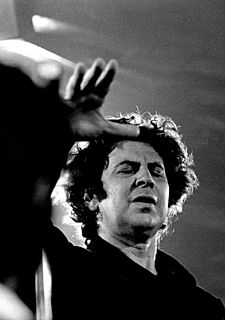A Quote by Amitava Kumar
In the poetry of immigrants, nostalgia is as common as confetti at parades or platitudes at political conventions.
Quote Topics
Related Quotes
My feeling is that most political poetry is preaching to the choir, and that the people who are going to make the political changes in our lives are not the people who read poetry, unfortunately. Poetry not specifically aimed at political revolution, though, is beneficial in moving people toward that kind of action, as well as other kinds of action. A good poem makes me want to be active on as many fronts as possible.
If the dominant political expression that we're seeing right now is of nostalgia and we know that nostalgia won't really work out, what happens is, we become depressed as individuals and societies - when we're depressed, we're much more vulnerable to be taken advantage of by demagogues and xenophobes.
Murray said, ´I don´t trust anybody´s nostalgia but my own. Nostalgia is a product of dissatisfaction and rage. It´s a settling of grievances between the present and the past. The more powerful the nostalgia, the closer you come to violence. War is the form nostalgia takes when men are hard-pressed to say something good about their country.´
There's a sameness about American poetry that I don't
think represents the whole people. It represents a poetry
of the moment, a poetry of evasion, and I have problems
with this. I believe poetry has always been political, long
before poets had to deal with the page and white
space . . . it's natural.





































